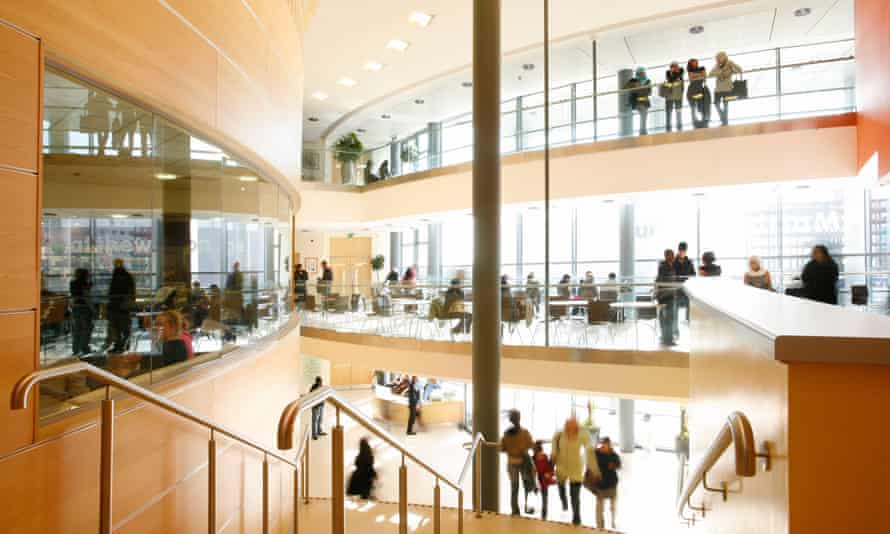The Guardian view on adult education: bring back evening classes
Taking inspiration from a report produced a century ago, a campaign is growing around a new vision for lifelong learning.
Source: The Guardian, Sunday 21 March 2021

Something important has been lost in Britain: between 2009 and 2017, the number of part-time students in higher education fell by 53%. Where once there was a thriving culture of colleges, courses and evening classes, now the number of adults who study in later life is far lower than in other countries, including Germany. In the lowest socioeconomic groups, 49% have had no training since leaving school. Of the £20bn that the government spends annually on post-19 education, 93% goes on those who already have qualifications up to level 3 (A-levels).
The decline predates austerity policies, although these made it worse. One of the contributors to a new report by the Centenary Commission on Adult Education launched earlier this month describes a “complete change” that took place under New Labour. Starting in the 19th century, a whole system grew up around working men’s colleges, workers’ educational associations and universities. By the early 21st century, the intrinsic value of such institutions, and the myriad opportunities they represented, had largely been discarded in favour of a much more instrumental view of “skills” as an asset to be traded.
That is not to say that the labour market is not a crucial reference point in any discussion about what ought to be taught and how. The failure to invest in a skilled workforce is part of a much bigger deficit in long-term, strategic thinking – which the modern Conservative party appears to have abandoned in favour of a blind and dangerous faith in laissez-faire economics. With as many as nine in 10 jobs expected to be automated within the next decade, and businesses being laid waste by the pandemic, the CBI has thrown its weight behind what it calls a “national reskilling effort”.
 Printer-friendly version
Printer-friendly version- Login to post comments







